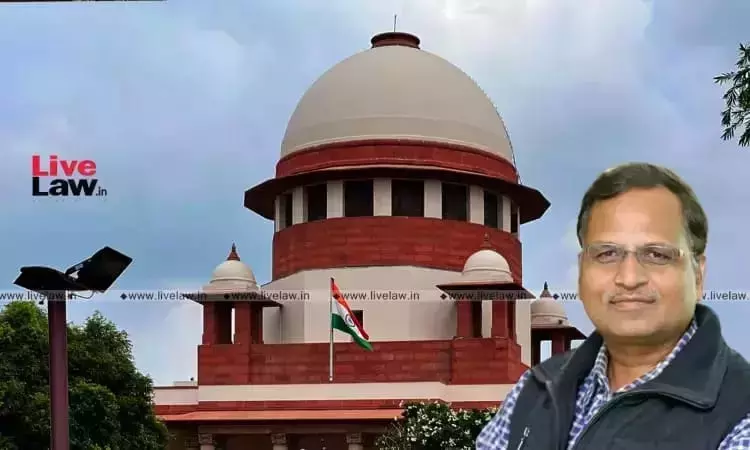ED Arrest Of Satyendar Jain After 5 Years Of Case Registration & Bail In Predicate Offence Unnecessary: Singhvi To Supreme Court
Awstika Das
6 Nov 2023 9:12 PM IST

Next Story
6 Nov 2023 9:12 PM IST
Senior Advocate Abhishek Manu Singhvi on Monday (November 6) questioned the necessity of Aam Aadmi Party leader Satyendar Jain's arrest by the Enforcement Directorate last year. The senior counsel told the Supreme Court, which was hearing the politician's bail plea in a money laundering case, "Unless [the ED] can show demonstrable, obvious, and palpable reasons for making an arrest, it should...
